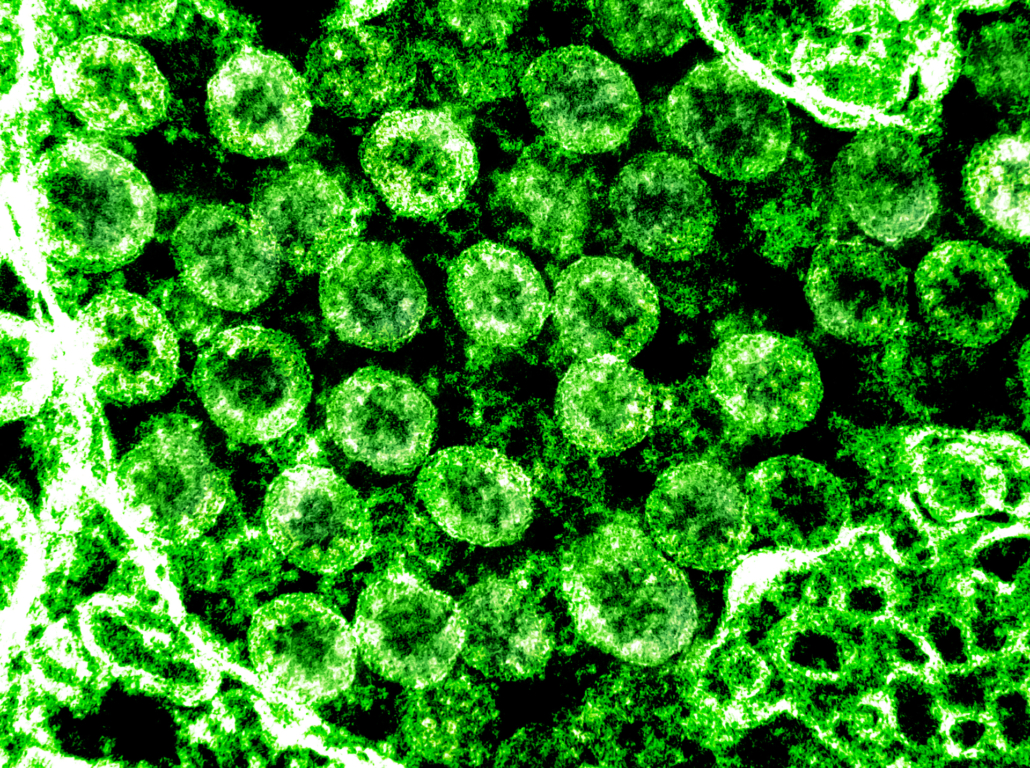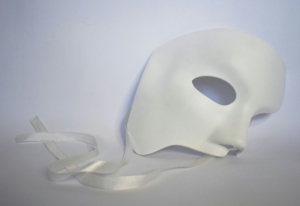
COVID-19: Lopinavir-ritonavir failed
Data from the UK's RECOVERY trial demonstrate there was no clinical benefit from use of lopinavir-ritonavir in hospitalised COVID-19 patients.
Following unblinding of the efficacy study, the principal investigators of the RECOVERY trial concluded that there is no beneficial effect of the antiviral HIV treatment lopinavir-ritonavir in patients hospitalised with COVID-19 and closed randomisation to that treatment arm.
A total of 1,596 patients were randomised to lopinavir-ritonavir and compared with 3,376 patients randomised to usual care alone. Of these patients, 4% required invasive mechanical ventilation when they entered the trial, 70% required oxygen alone, and 26% did not require any respiratory intervention. There was no significant difference in the primary endpoint of 28-day mortality (22.1% lopinavir-ritonavir vs. 21.3% usual care) and the results were consistent in different subgroups of patients. There was also no evidence of beneficial effects on the risk of progression to mechanical ventilation or length of hospital stay.
These data convincingly rule out any meaningful mortality benefit of lopinavir-ritonavir in the hospitalised COVID-19 patients enroled in the study. However it was not possible to study a large number of patients on invasive mechanical ventilation because of difficulty administering the drug to patients on ventilators. A
Peter Horby, Professor of Emerging Infectious Diseases and Global Health in the Nuffield Department of Medicine, University of Oxford, and Chief Investigator for the trial, said: Today we release the third set of results from the RECOVERY trial. These preliminary results show that for patients hospitalised with COVID-19 and not on a ventilator, lopinavir-ritonavir is not an effective treatment. In 100 days, the RECOVERY trial has provided results enabling change in global practice three times. This extraordinary national effort has shown that two drugs used to treat hospitalised COVID patients throughout the world, hydroxychloroquine and lopinavir-ritonavir, do not improve survival, whilst one drug that was not recommended, dexamethasone, saves lives.’
The RECOVERY trial is a large, randomised controlled trial of possible treatments for patients admitted to hospital with COVID-19. Over 11,800 patients have been randomised to the following treatment arms, or no additional treatment:
- Lopinavir-Ritonavir (commonly used to treat HIV)
- Low-dose Dexamethasone (which has now been stopped in adults due to clear evidence of benefit among patients requiring ventilation or oxygen)
- Hydroxychloroquine (which has now been stopped due to lack of efficacy)
- Azithromycin (a commonly used antibiotic)
- Tocilizumab (an anti-inflammatory treatment given by injection)
- Convalescent plasma (collected from donors who have recovered from COVID-19 and contains antibodies against the SARS-CoV-2 virus).
Within the past few weeks, the trial has reported results for two of these treatments. It showed no benefit of hydroxychloroquine in this population, and by contrast, that low-dose dexamethasone reduces the risk of death by about one-third among patients receiving ventilation and by one-fifth in those requiring oxygen alone (but with no benefit among those not requiring respiratory support). A manuscript describing the dexamethasone results is under peer review with a leading medical journal and a pre-print is available online. The results for the hydroxychloroquine and lopinavir-ritonavir treatments are being prepared for submission.




